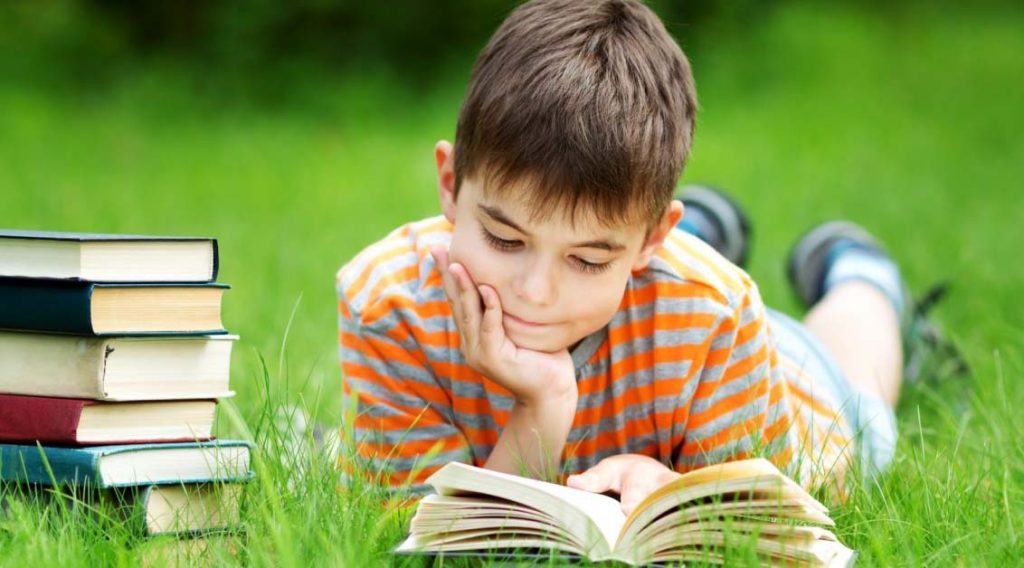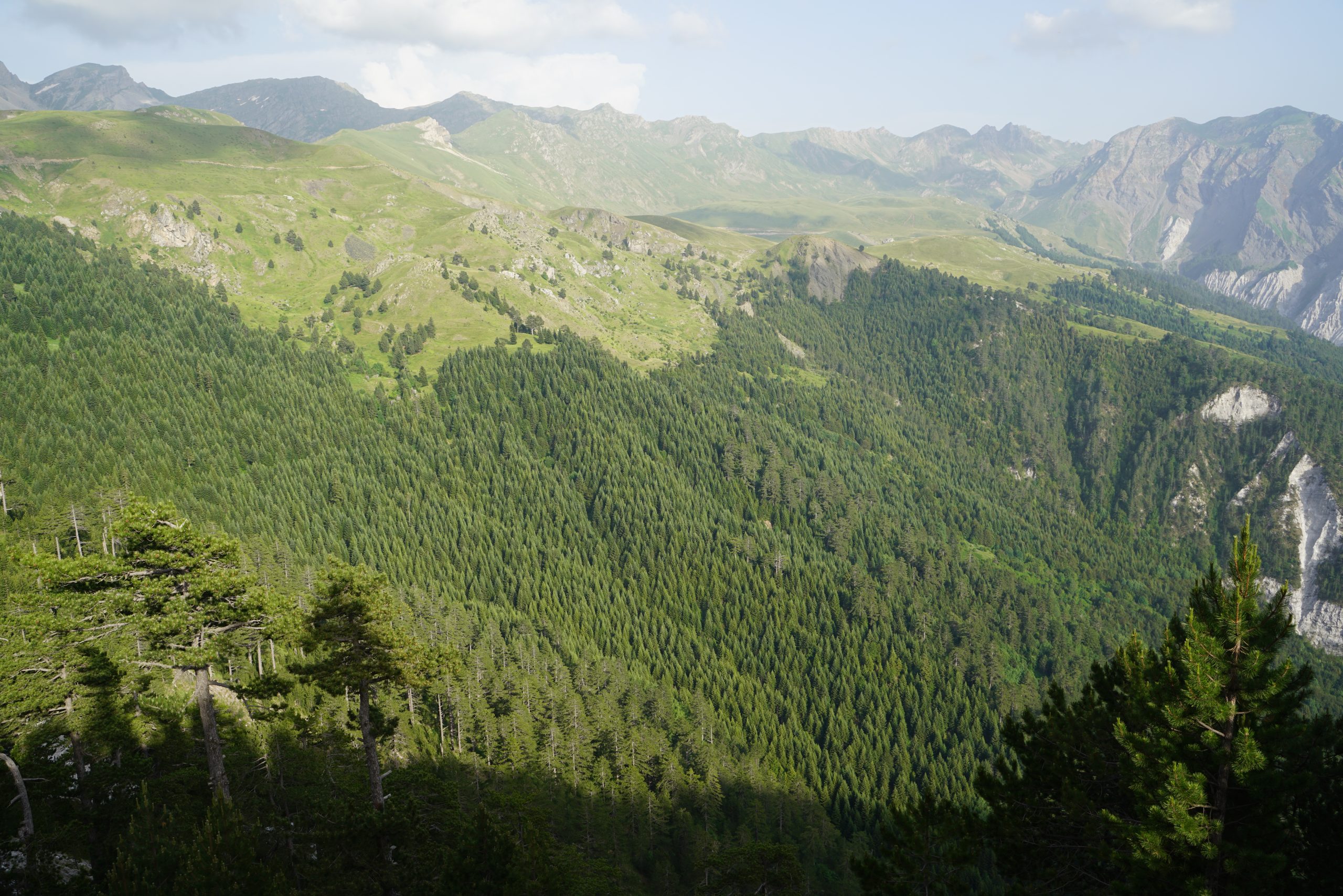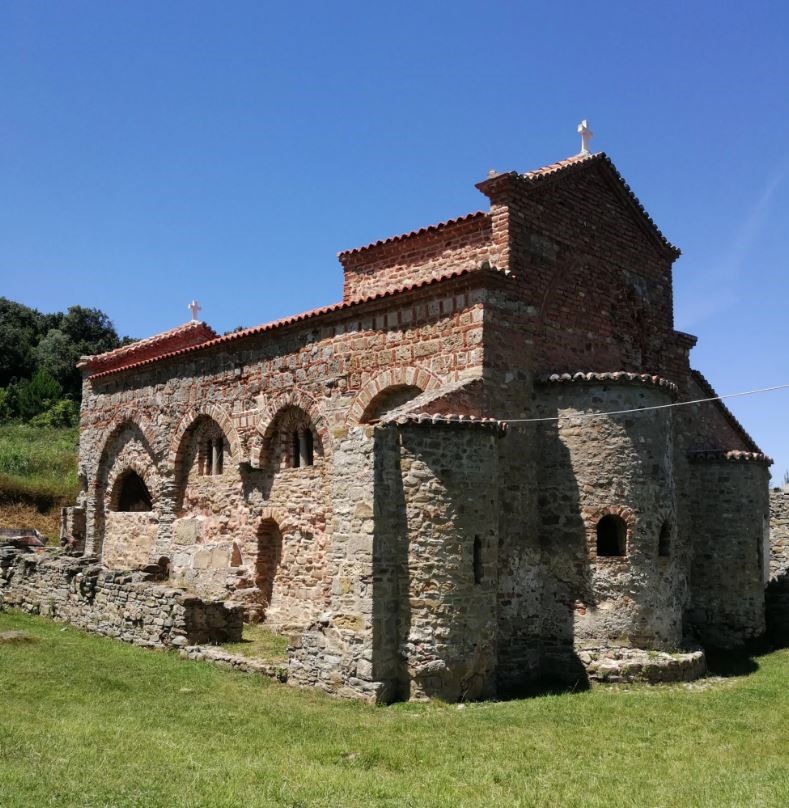Effect of the country strategies’ framework has already ended up therefore a reviewal process has started and is currently ongoing for some of these documents. Through these documents the Government designs the country’s overall development approach for the next decade, as well as the sectors’ for shorter timelines, which are usually 5 years.
As already known Environment and Climate Change are increasingly becoming part of global Leadership Agenda, through important commitments generated by Paris Declaration, UN Summit for Climate and The European Green Deal for Western Balkan. In frame of country obligations deriving from acceptance and adherence in global and regional treaties for climate and the EU pre-accession and accession processes, in 2019 Albania approved with DCM the Strategy for Climate Change and Action Plans, 2019-2030. Due to the complexity of environment and climate issues and interconnection with various sectors, the Strategy highlights the need for a more dedicated approach of these issues in the sectoral development strategies. The Strategy does also highlight the need in addressing these issues through environmental education programs in respective levels of education system.
Education for sustainable development is introduced to schoolchildren and young people so that they understand and utilize needs and rights of present and future generations. Education for Sustainable Development invites scholars and the young to consider the best possible ways in meeting the interrelated challenges, such as: the climate change, ecological systems, nutrition systems, inequality, poverty, ethics , responsibility at local and global level, democracy and governance, justice, security, human rights, health, gender equality, cultural diversity, rural and urban development, economy, production and consumption issues, shared responsibility, environmental protection, natural resource management, landscape diversity and ecological systems.
The relationship between sustainable development and education is complex and reciprocal. Education for Sustainable Development is considered by experts as: philosophy, principle, teaching methodology, a thinking process, a scholar’s behavioral repertoire versus environment. Education for sustainable development orients the education system towards a process which enables schoolchildren and young people to be equipped with knowledge, skills, attitudes, values that are essential for the design and creation of a sustainable society, with regards to the environment, economy, society.
Education for Sustainable Development in pre-university education means involvement in teaching and learning of some important key issues that relate to sustainable development. Its fulfillment requires application of teaching and learning methodologies, which motivate and encourage students and young people moderate their attitudes and undertake concrete sustainable development actions.
REC Albania is ready and motivated to contribute to these processes, whenever necessary and encourages the Ministry of Education, Sports and Youth to take into consideration the submitted recommendations.





